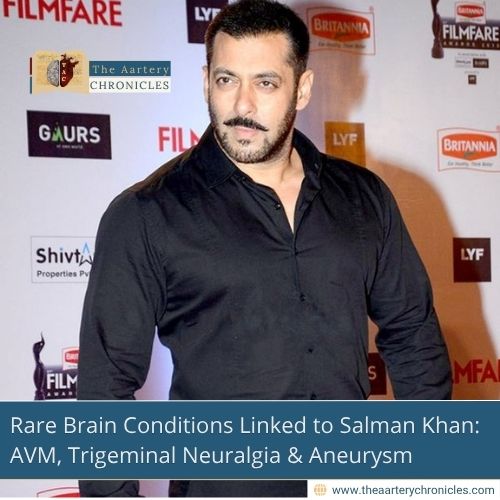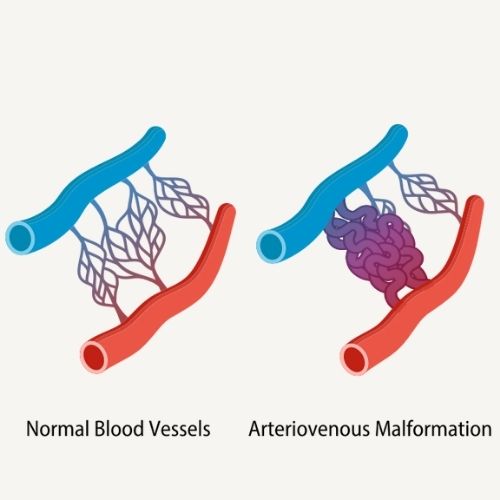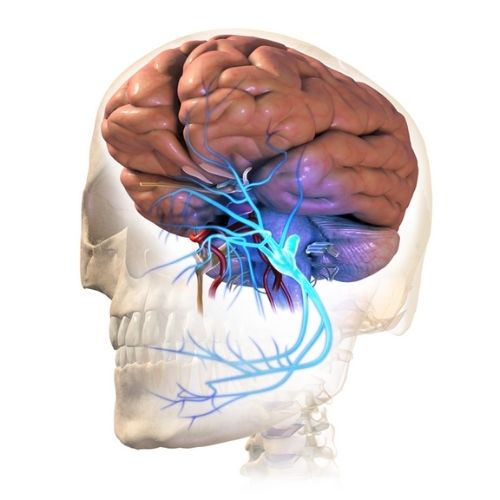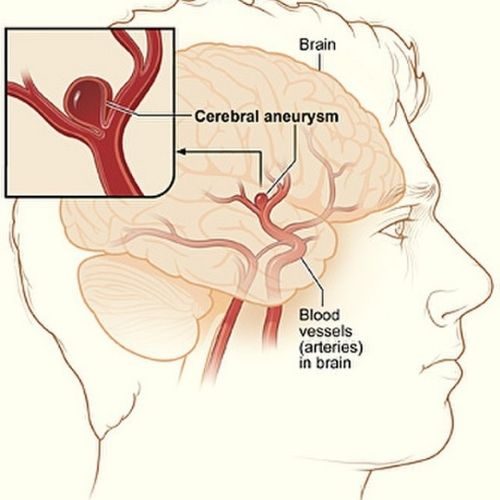

Salman Khan and Rare Brain Conditions: Everything You Need to Know
Summary: Bollywood superstar Salman Khan has publicly revealed, during an episode of The Kapil Sharma Show, that he is battling three rare and serious neurological conditions: Arteriovenous Malformation (AVM), Trigeminal Neuralgia, and Brain Aneurysm. Despite the physical and emotional toll, his determination and resilience have kept him active in his film career. This article breaks down each condition, its symptoms, available treatments, and necessary precautions, helping raise awareness about diseases that are often misunderstood or overlooked.
Salman Khan’s Silent Battle with Rare Neurological Conditions
Such is the way of life – who knew that actor Mr. Salman Khan is suffering from not one but three chronic neurological diseases: Arteriovenous Malformation (AVM), Trigeminal Neuralgia, and a Brain Aneurysm. His resilience and willpower make it possible for him to face these adverse life situations with strength and grace.
Let us take a closer look at what these illnesses are.
What is Arteriovenous Malformation (AVM)?
Arteriovenous Malformation (AVM) is an extremely rare condition, affecting fewer than 1 in 10,000 people. It results from abnormal blood vessel connections in the brain, which disrupt normal blood flow and can lead to severe neurological issues.
In simple terms, arteries and veins are directly connected, bypassing the normal capillary system. This abnormality reduces oxygen delivery to brain tissues and increases the risk of ruptures and bleeding.

Symptoms can include:
Headaches
Seizures
Neurological deficits (such as vision problems or muscle weakness)
Memory issues
Brain bleeding
AVM is usually congenital, caused by defective blood vessel formation during fetal development, and appears to have a slight male predominance.
Treatment Options for AVM
Treatment depends on the severity and location of the AVM in each individual. Options include:
Surgical removal
Endovascular embolization
Stereotactic radiosurgery
Patients with low-risk AVMs may be placed under regular observation, while more severe cases often require a combination of therapies for the best outcomes
Trigeminal Neuralgia: The “Suicide Disease”
Trigeminal Neuralgia, often referred to as the “Suicide Disease“, is a chronic neurological disorder that causes intense facial pain. It occurs due to irritation or compression of the trigeminal nerve, which is responsible for transmitting sensory signals from the face to the brain.

The condition is characterised by sudden, electric-shock-like, sharp, or shooting pain, usually affecting one side of the face.
- Everyday actions such as brushing teeth, eating, speaking, chewing, touching the face, or even a light breeze can trigger an attack.
- These painful episodes may last from a few seconds to several minutes and can occur in rapid succession or sporadically.
The primary cause is compression of the trigeminal nerve by nearby blood vessels. Other contributing factors include
- Tumours
- Multiple sclerosis
- Nerve injury
- Facial trauma
The severity of the pain can significantly affect a person’s quality of life.
Treatment Options for Trigeminal Neuralgia
Treatment focuses on reducing or blocking the pain signals sent to the brain. Common approaches include:
Medications: Anticonvulsants and muscle relaxants
Surgical procedures (if medications fail):
Microvascular Decompression (MVD)
Gamma Knife Radiosurgery
Rhizotomy
Botox injections
In 2007, while shooting for the film Partner, Mr. Salman Khan was diagnosed with trigeminal neuralgia. After enduring years of persistent facial pain, he underwent nerve surgery in the USA in 2011 to alleviate the symptoms.
This condition is rarely spoken about publicly, and Salman Khan’s decision to talk about it has helped raise awareness. Other known personalities who suffer(ed) from this condition include four-time British Prime Minister William Gladstone, author Melissa Seymour, and American musician Travis Barker.
Brain Aneurysm: A Silent and Dangerous Threat
A brain aneurysm occurs when there is a weakness in the wall of an artery, causing it to bulge outward like a balloon. If this bulge ruptures, it can lead to a fatal brain hemorrhage.

Symptoms of an unruptured aneurysm may include:
Persistent headaches
Blurred or changed vision
Symptoms of a ruptured aneurysm are more dramatic and require immediate medical attention. These may include:
Sudden, severe headache (often described as the “worst headache of one’s life”)
Vomiting
Loss of consciousness
Seizures
Causes of brain aneurysms include:
Hereditary factors
Smoking
Uncontrolled high blood pressure (hypertension)
Head injury
Infections
Connective tissue disorders
Warning Signs to Watch Out For
Some early warning signs of an impending rupture may include:
Sudden and intense headaches
Stiff neck
Numbness or tingling in the limbs
Temporary or double vision
Mild slurring of speech
Loss of balance while walking
Facial drooping
Sudden memory lapses or difficulty in finding the right words
Treatment for Brain Aneurysms
Unruptured aneurysms are usually monitored closely or may be treated using:
Surgical clipping
Endovascular coiling
A ruptured aneurysm, however, requires urgent and immediate intervention to prevent death or severe brain damage.
Overall Risk Factors and Lifestyle Caution
Patients with AVM or brain aneurysms must avoid intense physical exertion, as it can dangerously elevate blood pressure and increase the risk of rupture.
- Activities such as heavy weightlifting, high-intensity cardio, or anything that causes a sudden spike in pressure can lead to life-threatening brain bleeds.
Other risk factors include:
Lack of adequate rest
Dehydration
Uncontrolled stress
Caution is Key
It’s vital to follow medical advice and adopt a customised exercise plan under medical supervision. Lifestyle modifications play a crucial role in preventing complications, such as
- Avoiding smoking
- Managing blood pressure
- Undergoing regular health check-ups
Salman Khan’s Strength Beyond the Screen
The love, care, and emotional support of family and well-wishers play a vital role in managing serious health conditions like these.
Mr. Salman Khan, in spite of battling three major neurological disorders, continues to pursue his professional commitments in the film industry with remarkable dedication. Hat’s off to his patience, willpower, and resilience, a true testament to the strength of the human spirit.
Inputs from media sources.

Ms Rupal Sonpal
Reviewed by Dr Aarti Nehra








